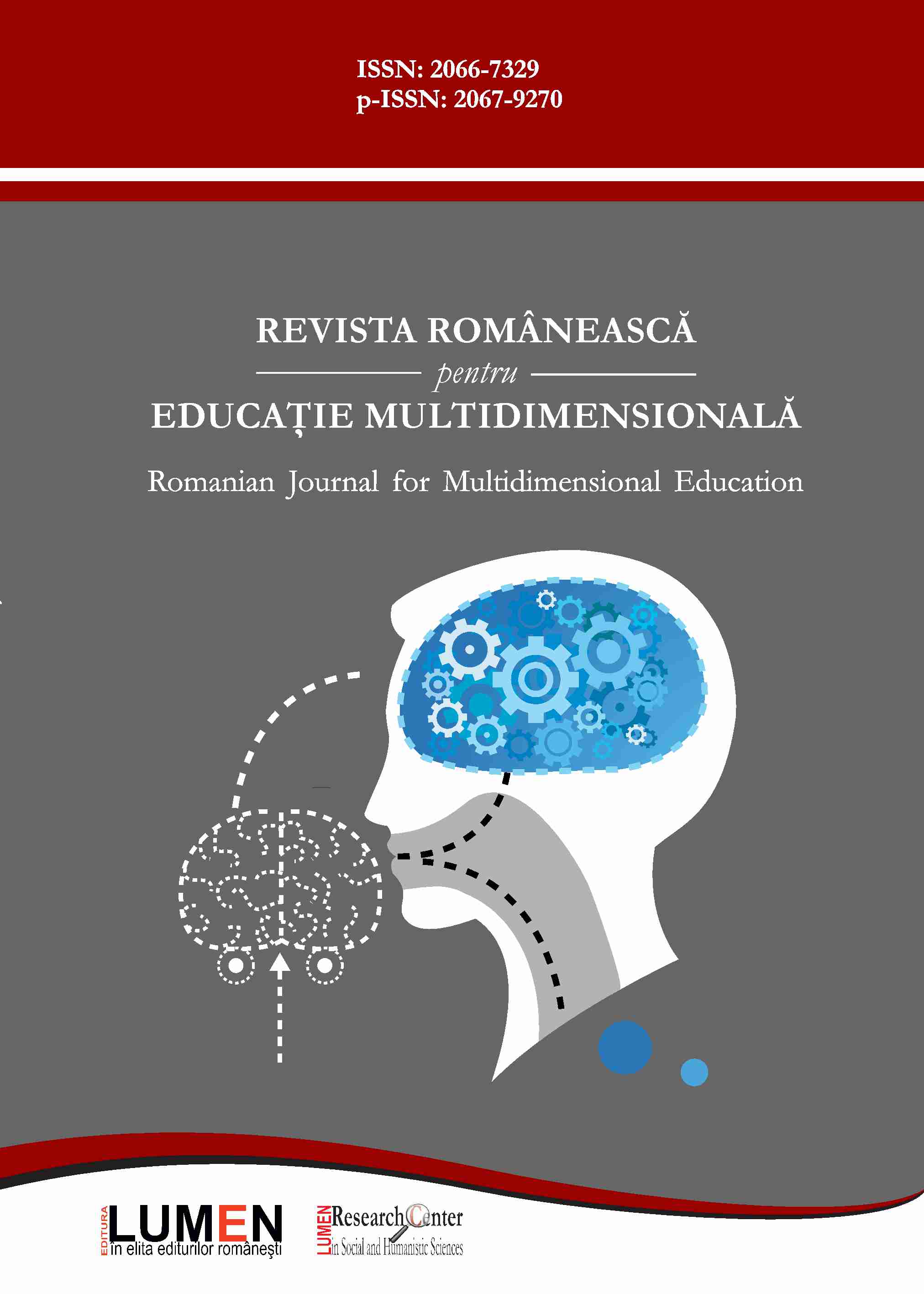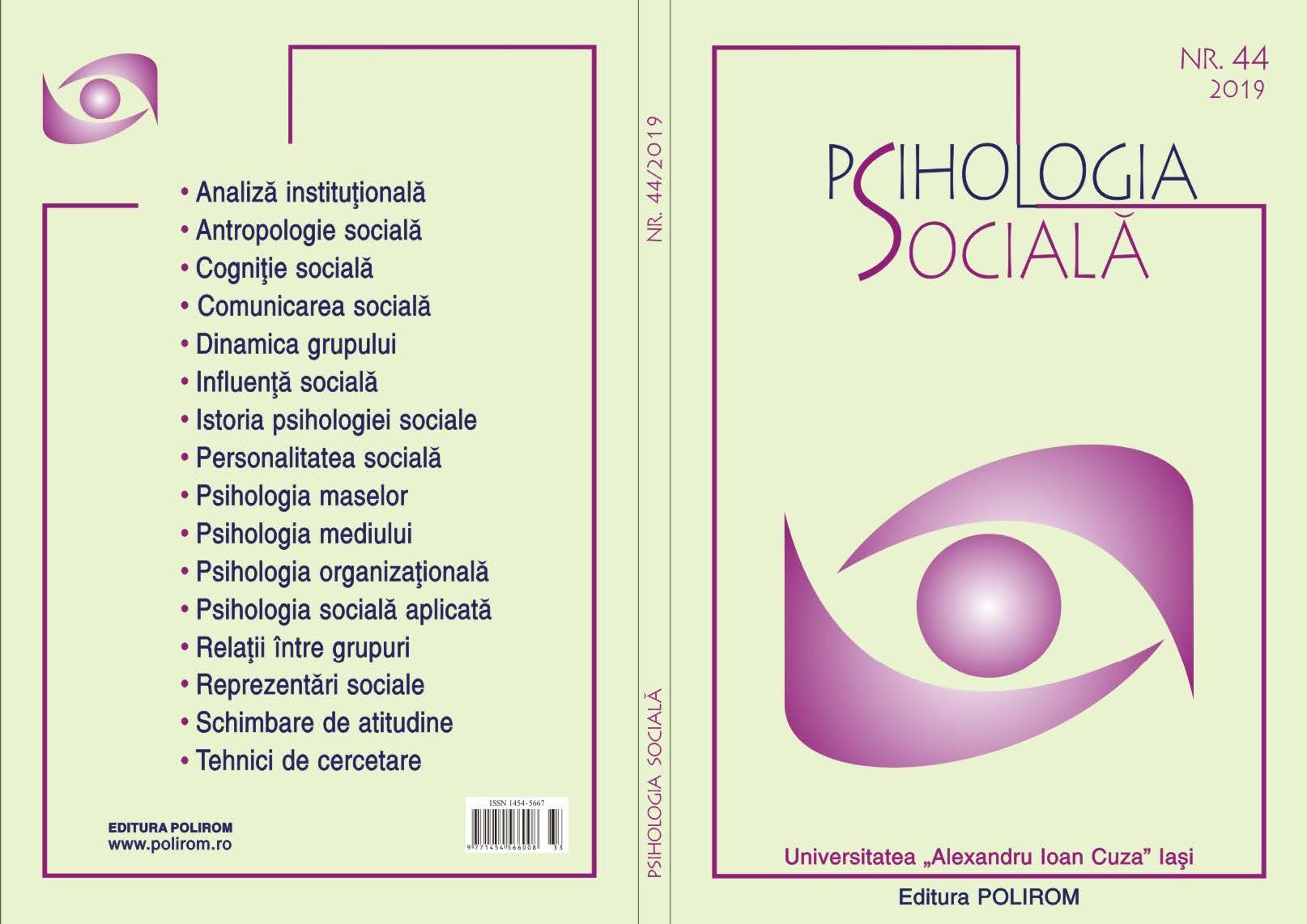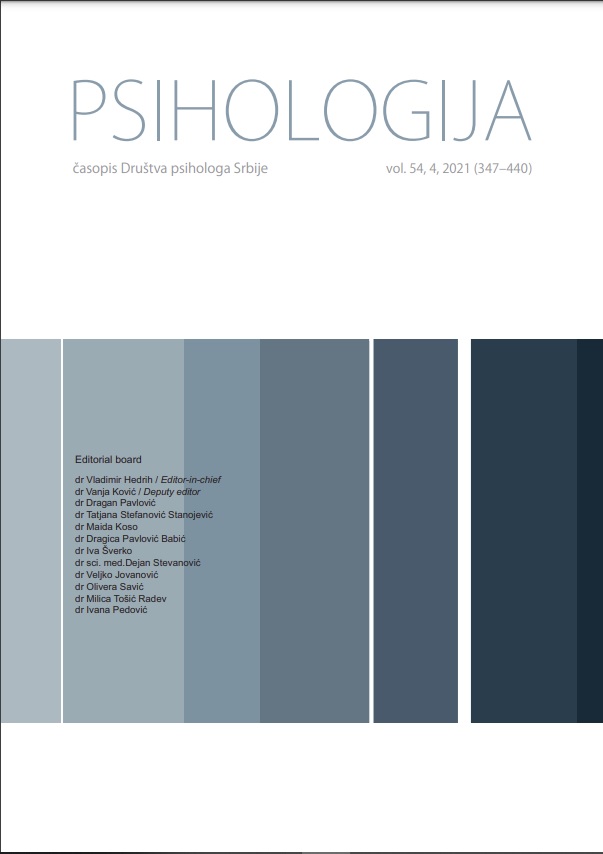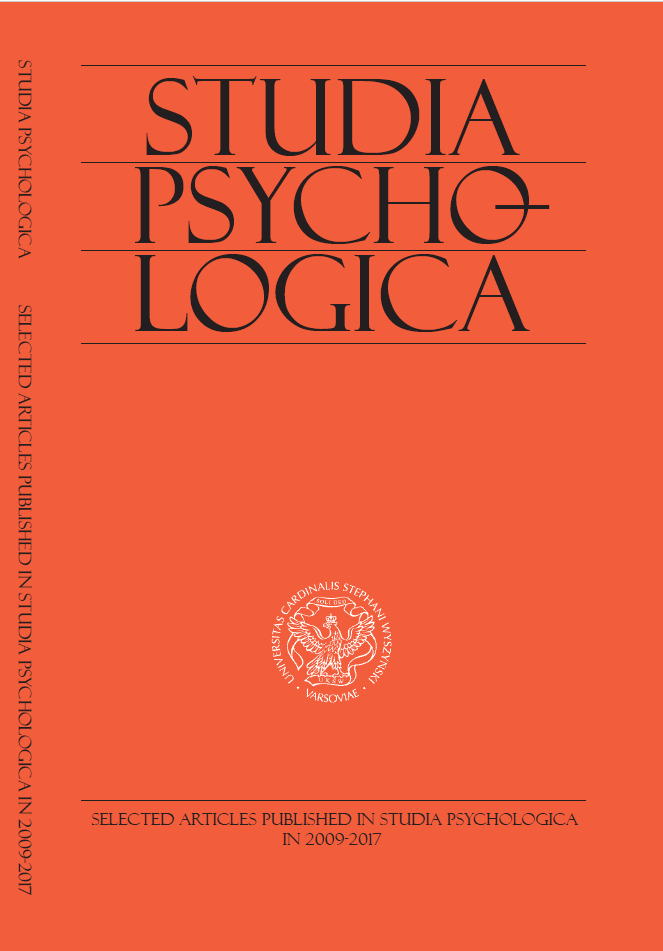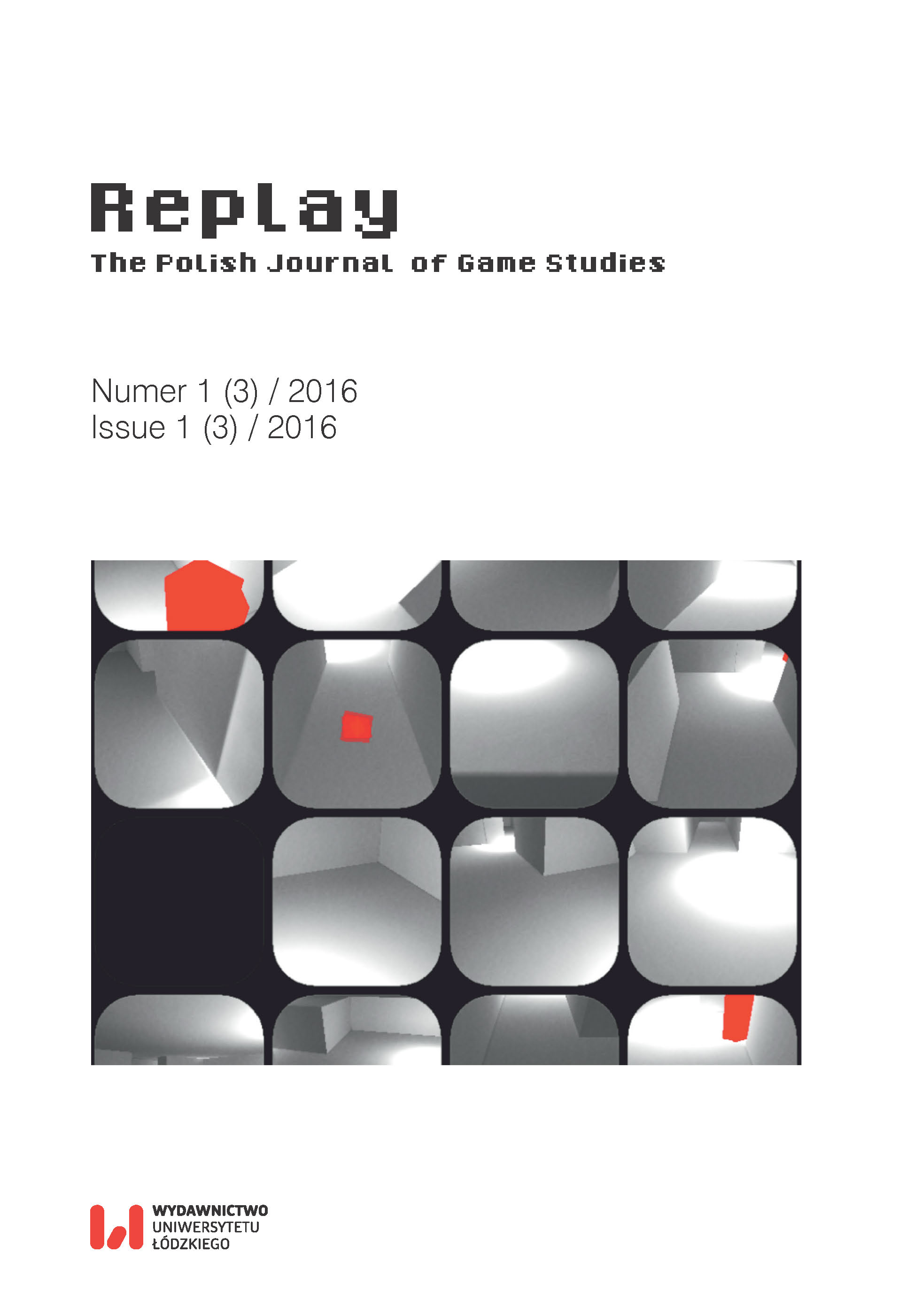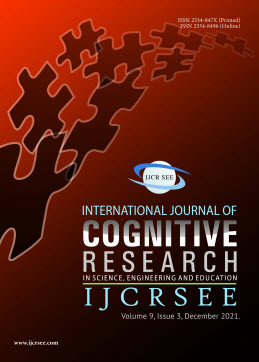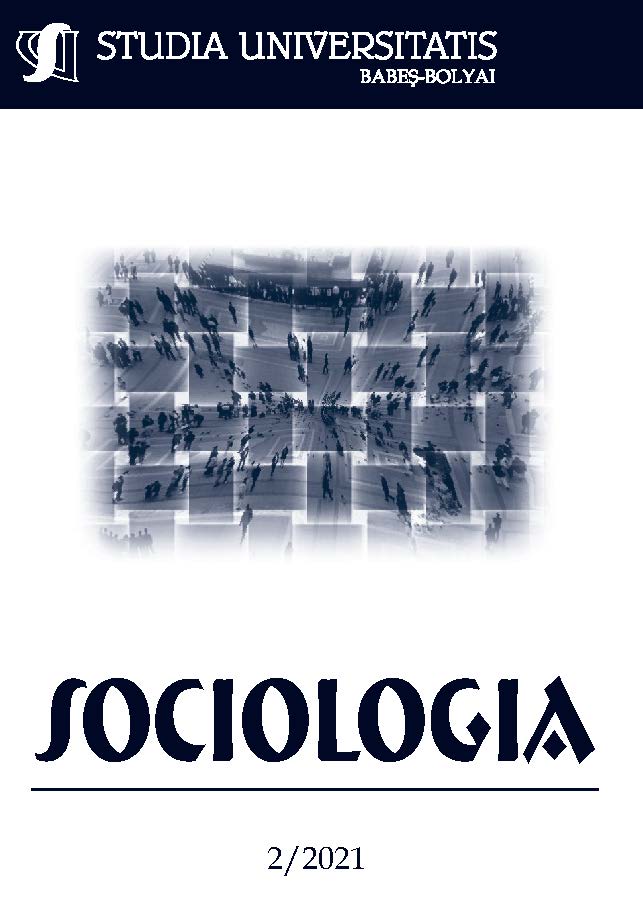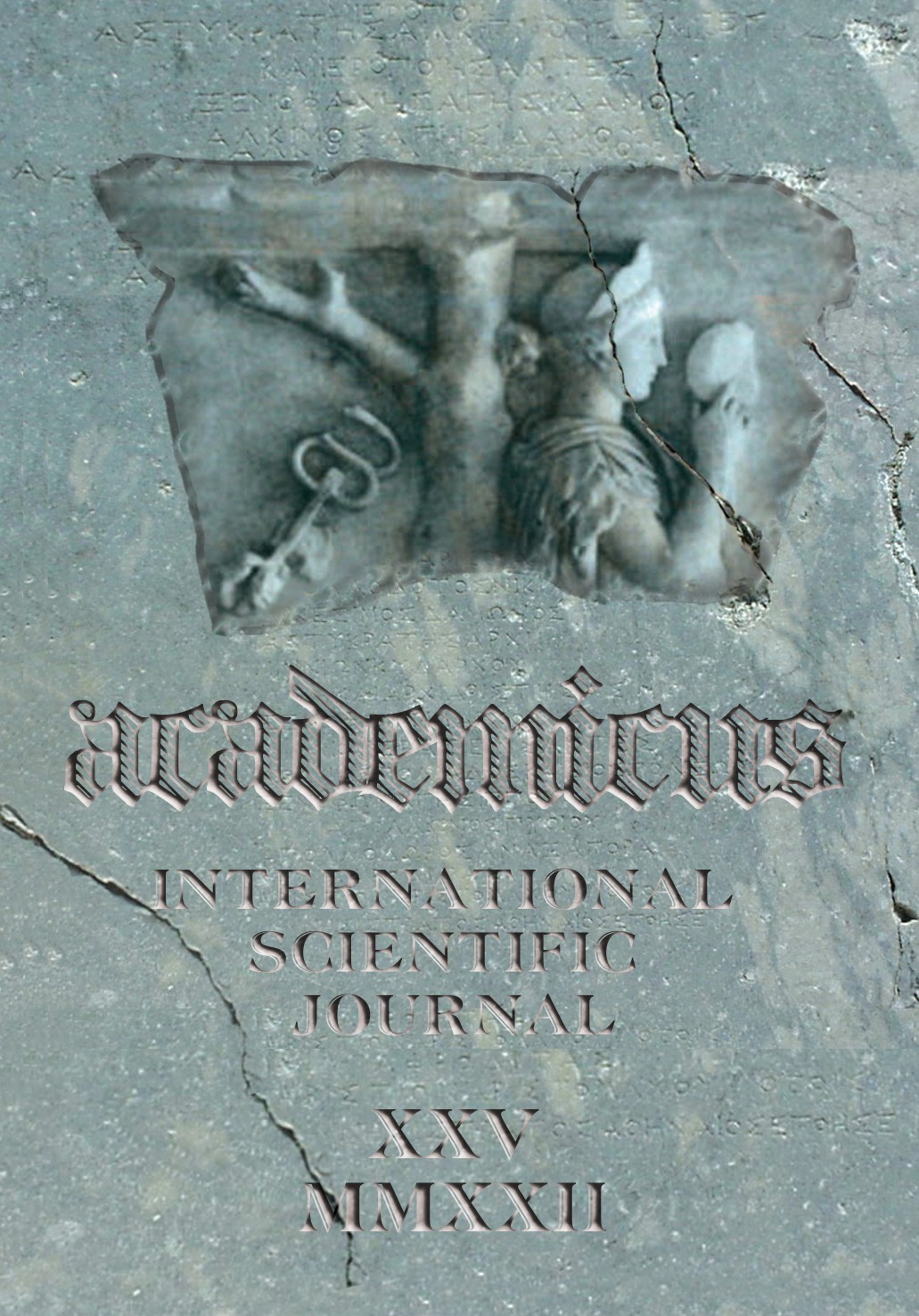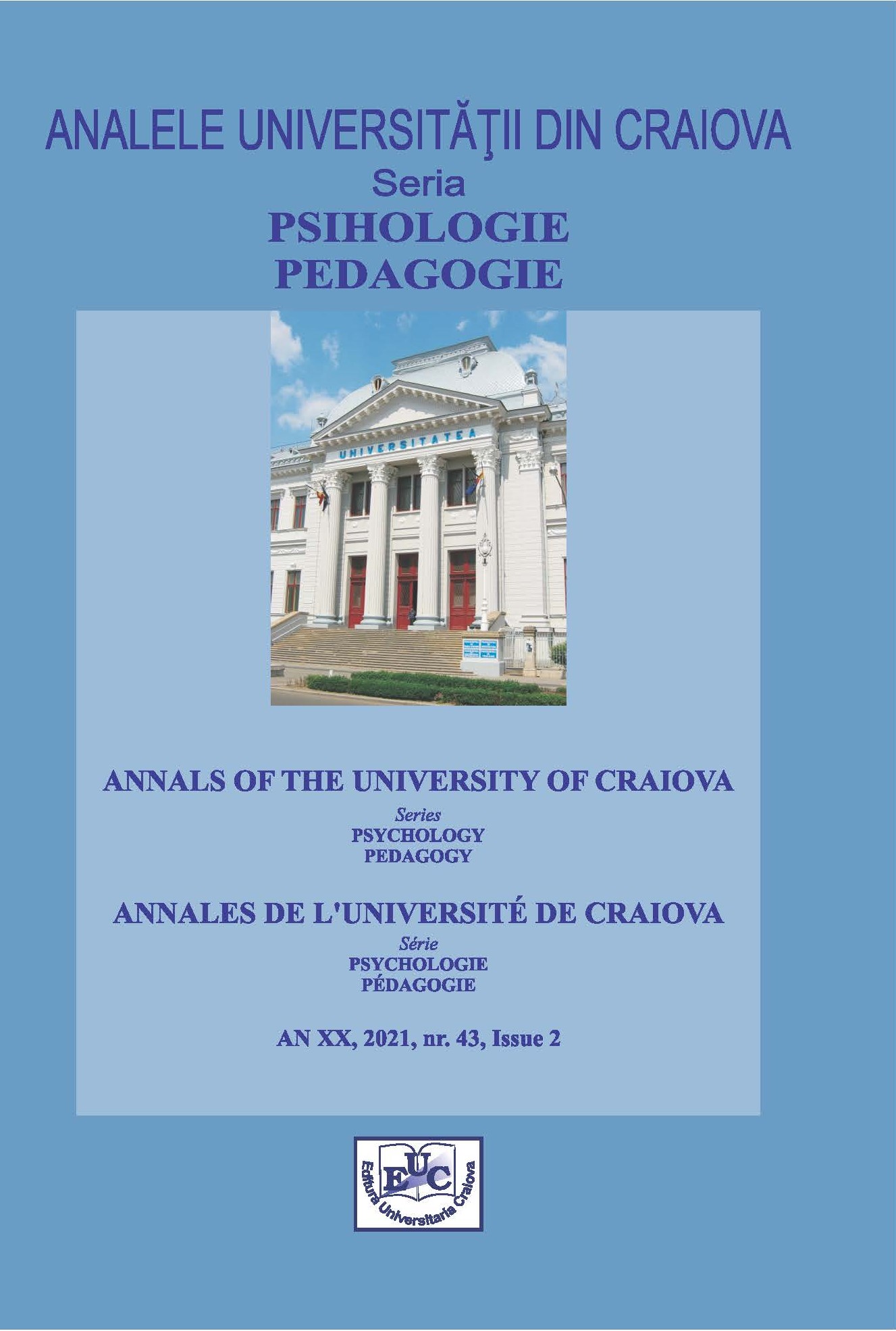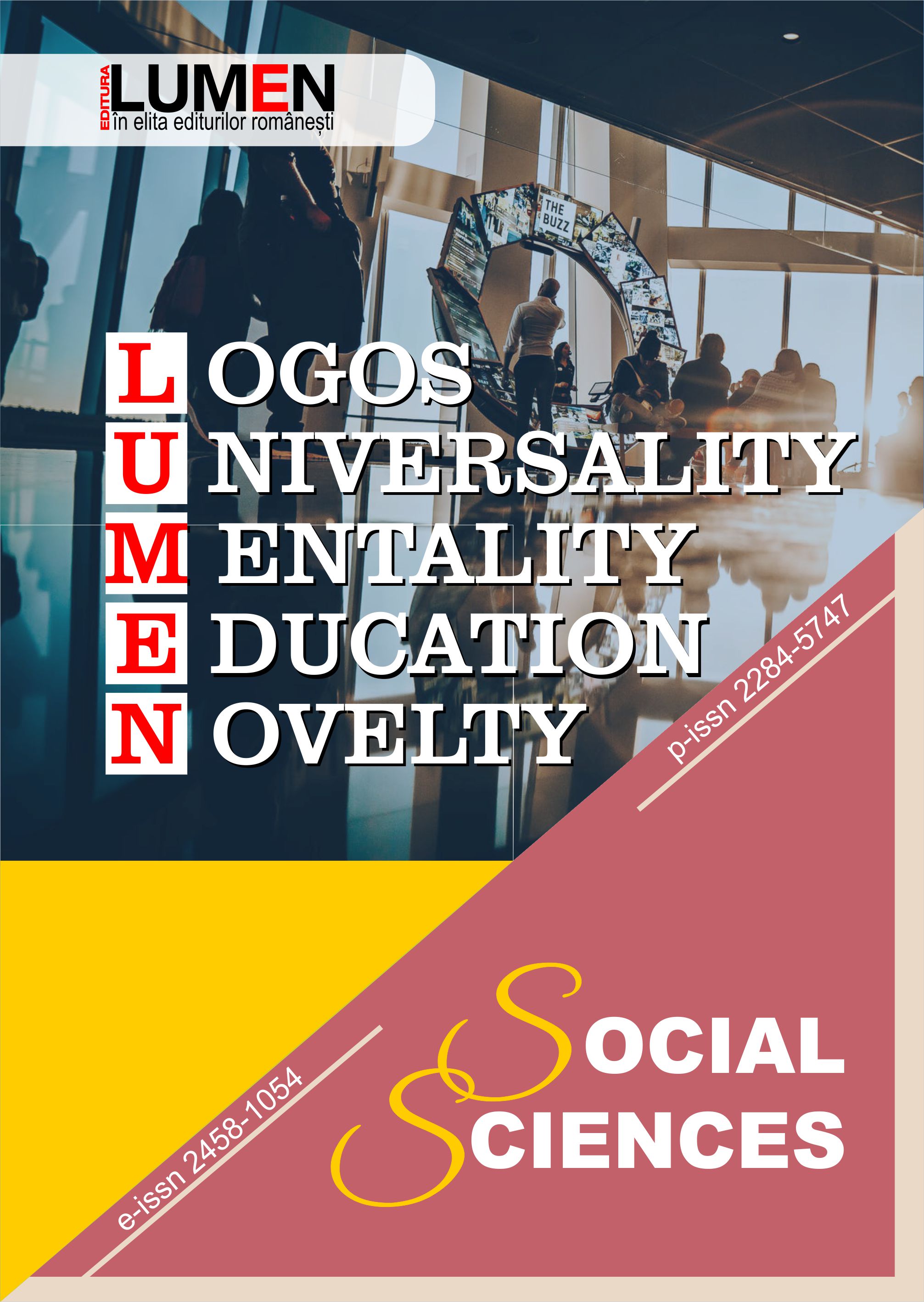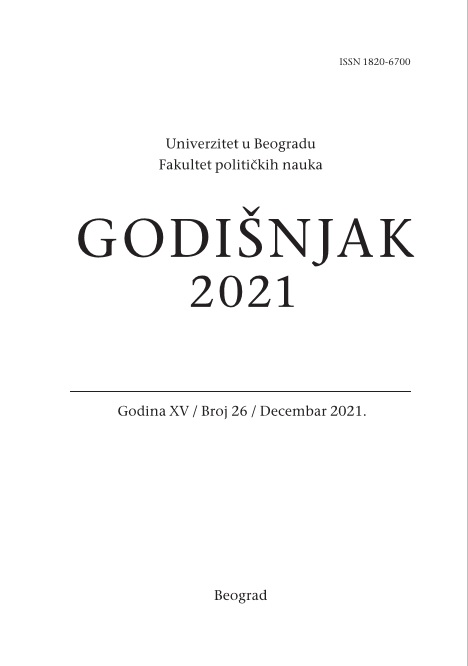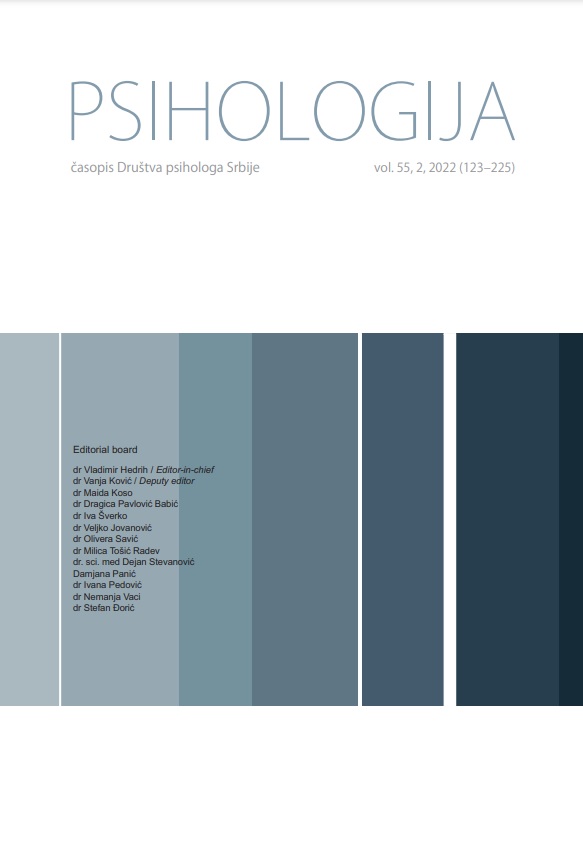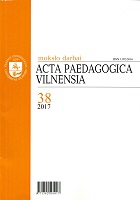
Šizoidin mokytoj situacija: pavojus tapatybei ir k rybiškumo prielaida
In this article, the situation of a teacher and his function in contemporary society is analyzed. From the one side, a teacher’s work is strictly regulated and unificated in accordance with global and local standards, and it is closely defined in written documents; from the other side, a teacher is expected to be creative and able to think and work in an innovative manner. That contradiction creates a schizoid situation. In this article, we are trying to provide answers to what position should a teacher take in such a situation. First of all, we chose some of the concepts created by Gilles Deleuze and Félix Guattari – those of Schizoanalysis, becoming, in-between, affects, artisan, rhizome, nomad – for the analysis of teacher work in these specific conditions. Having in mind these concepts, we analyze some empirical data regarding the condition of teachers at school in different countries (including Lithuania); after that, we analyze the ideas of philosophers of education, such as Inna Semetsky, Jasson Wallin and P. Taylor Webb, on how teachers think and behave in such schizoid situations. Finally, we summarize the analysis and suggest some insights in a short subchapter instead of drawing strict conclusions. Using Deleuzeoguattarian concepts in the overview of empirical data, we found out how these concepts effectively work in real school life. Some of the teachers and some of the schools find in-between ways to live in such a situation, having two or even more faces, employed in a permanent situation of becoming, used for teaching affects, nomadic moves and rhizomatic expansion. With the help of Semetsky, Wallin, Webb and other Deleuzeoguattarian interpreters we described the new, uncertain identity of the teacher, his new function to navigate between chaos and cosmos, to be in-between, to work as a teacher-artisan or mediator, to create networks from heterogenous characters in the classroom and to use schizoid conditions for creativity. Moreover, by relying on posthumanists, we suggest taking into account the increased need for responsibility that the teacher must assume.
More...
